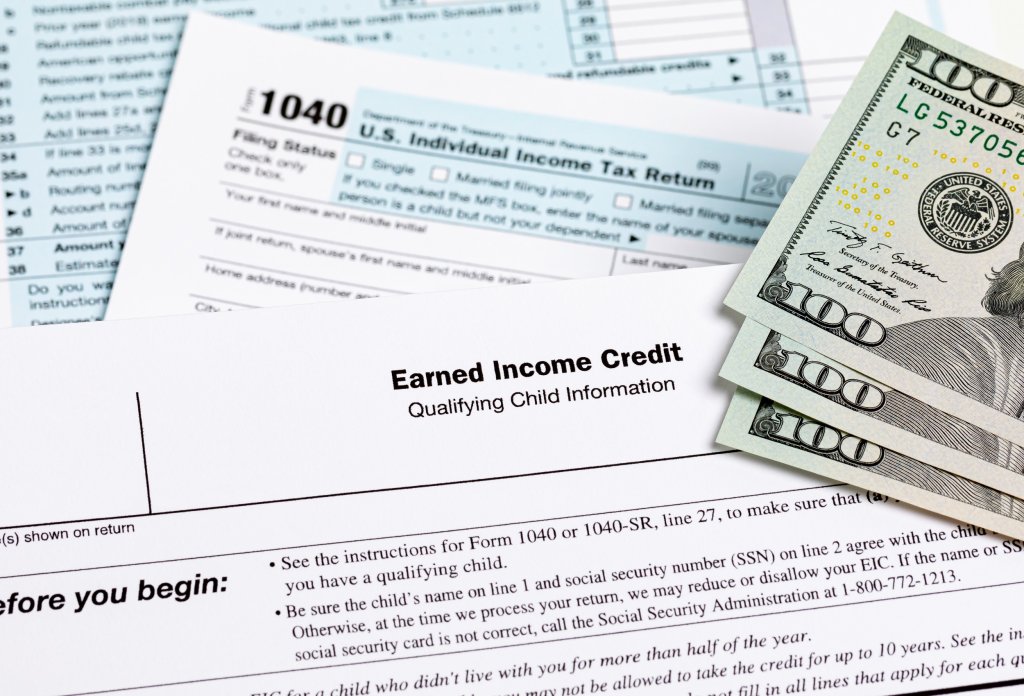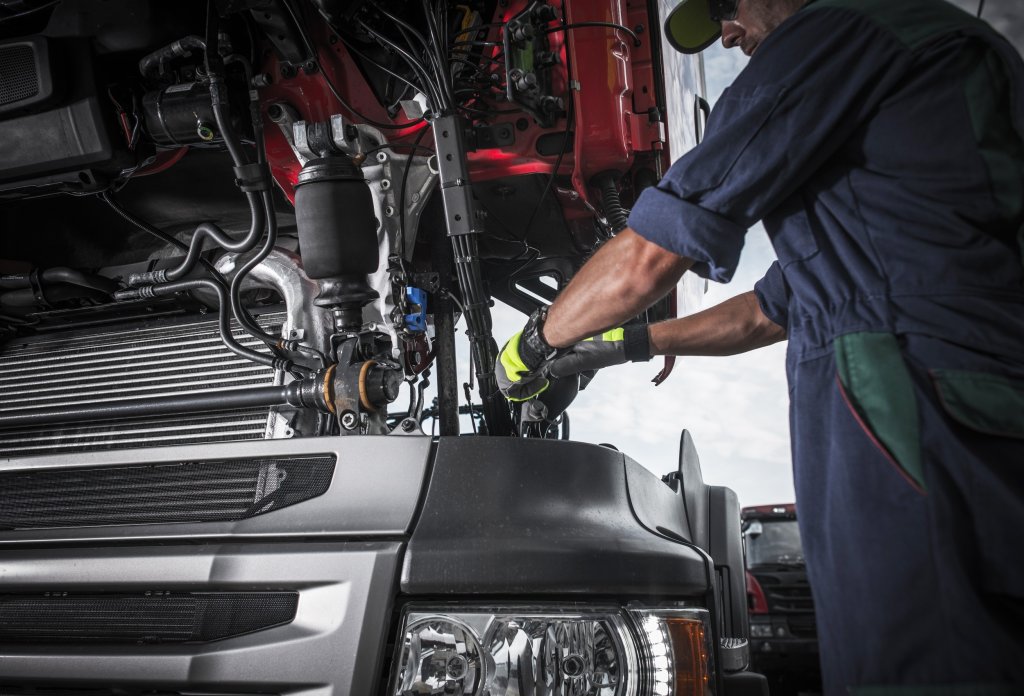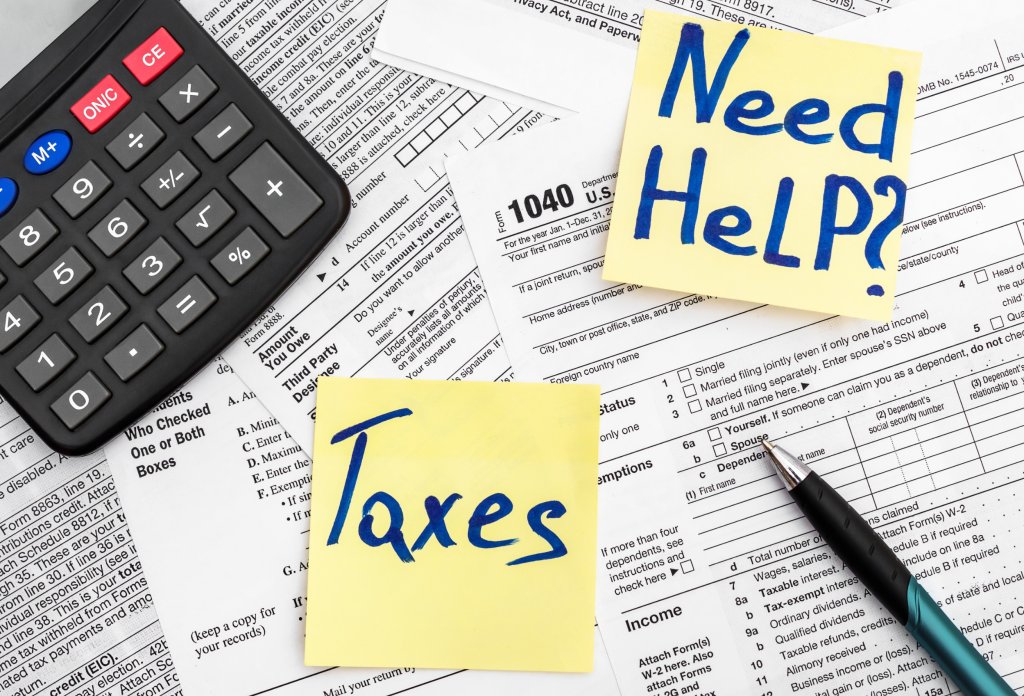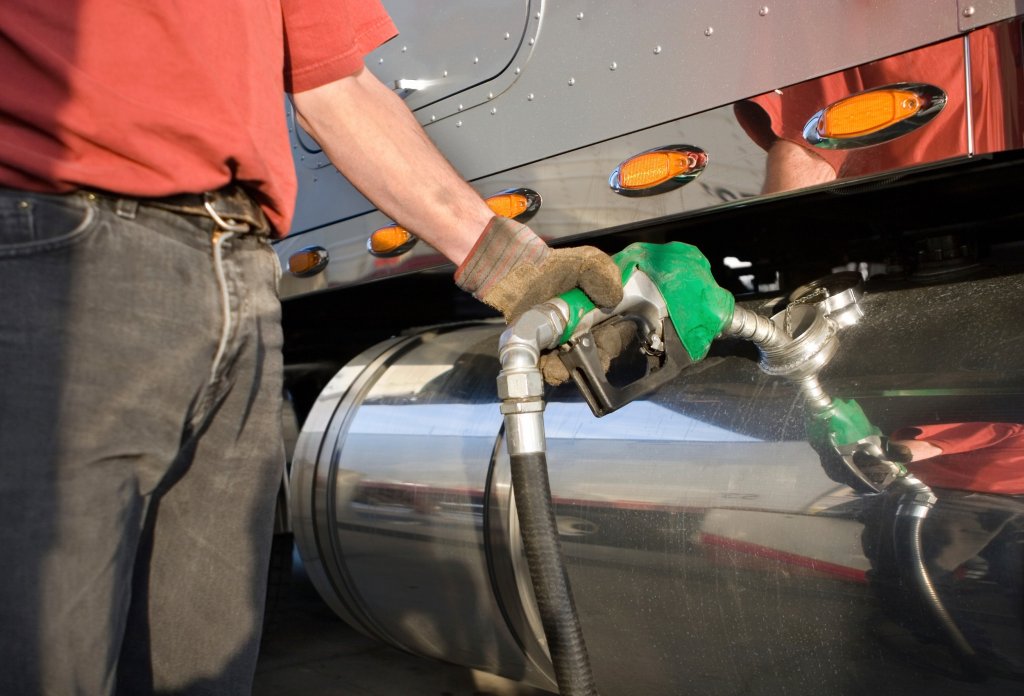
Being a truck driver can be both rewarding and challenging. One of truck drivers’ greatest challenges is filing their taxes each year, but it doesn’t have to be so daunting. By taking advantage of truck driver tax deductions, you can lower your overall liability and make filing your taxes much simpler. In this guide, we’ll explain what types of expenses truck drivers are eligible for deduction and how they can maximize their tax benefits when filing their returns.
What are Truck Driver Tax Deductions?

Truck drivers are an important part of the trucking industry, and understanding driver tax deductions can help make filing taxes easier. There are a variety of truck driver tax deductions available to truckers who work as independent contractors or full-time employees of a trucking company. These deductions can help truck drivers save money on their taxes by allowing them to deduct certain expenses related to truck driving.
What Types of Truck Driver Expenses are Eligible for Deduction?

Truck drivers are eligible for a variety of deductions when it comes to tax time. Truckers typically keep detailed records of their expenses while on the road to maximize their deductions, pay lower taxes, and increase their profitability.
Business Expense
Some truck driver tax deductions include the business expense incurred while on the job, such as truck maintenance, fuel and oil costs, truck insurance premiums, meals and lodging during long trips, truck-related medical expenses, work supplies, and truck registration fees.
Here are some explanations for these job-related expenses:
- Truck maintenance: This includes any costs related to repairs or upkeep of the truck, such as oil changes and other preventative maintenance.
- Fuel and oil costs: The cost of fuel and oil used for business purposes can be deducted. It should be documented with a log book.
- Truck insurance premiums: Truckers must maintain commercial auto liability and property damage insurance and can also choose to purchase additional insurance policies to cover cargo or lost income due to a business interruption. These premiums are deductible as business expenses.
- Meals and lodging during long trips: Any meals or overnight accommodations obtained while traveling for the purpose of the job can be deducted from taxes.
- Truck-related medical expenses: Any medical expenses incurred during the course of a trucking job, such as mileage for doctor’s appointments, can be included in this deduction.
- Work supplies: This includes any items purchased for use in a trucking job, such as maps, GPS systems, CB radios, cell phones, etc.
- Truck registration fees: Fees paid to register an eligible commercial motor vehicle may also be counted as a tax deduction for truckers.
How to Maximize Truck Driver Tax Benefits When Filing Returns

As truck drivers, understanding how to maximize your truck driver tax benefits can help you get the most out of your returns. Awareness of the deductions and credits available to truckers can be a vital part of this effort, so it’s important to know what truck drivers can deduct from their taxes.
Standard Deduction
One of the most common tax deductions is the trucker’s standard deduction. This allows truckers to deduct a set amount from their income before calculating taxes, which can result in significant savings. Additionally, truck drivers may be eligible for certain business expenses such as fuel, tolls, and road trip meals, which can all be deducted from your tax return.
Deducting Expenses

Truck drivers can deduct various actual expenses related to vehicle operating on their taxes. These deductions can help reduce a driver’s tax burden and allow them to keep more of what they earn.
Common Categories
Common truck driver tax deductions include vehicle expenses, fuel costs, lodging, meals while on the road, truck maintenance, truck insurance, and truck lease payments. Vehicle expenses can be deducted if they are used exclusively for trucking business purposes. Fuel costs can also be deducted if they are used solely for trucking business purposes and documented with a log book.
A Few Common Costs

Common truck driver tax deductions include:
– Fuel costs
– Lodging expenses
– Repairs & maintenance
– Tolls and parking fees
– Automobile registration fees
– Truck wash services
– Vehicle insurance premiums
– actual meal expenses and entertainment expenses related to trucking operations
– GPS navigation device subscriptions
– Business use of home office or truck cab
– Truck tracking systems subscription fees
Other Deductions

Other common deductions for many truck drivers:
Medical Exams
The out-of-pocket costs for regular, required exams are tax deductible.
Health Insurance
While not deductible as a business expense, your own health insurance coverage can also be deductible.
Tracking Truck Driver Expenses

Tracking trucking-related expenses throughout the year is essential for tax deduction purposes. Keeping accurate records of fuel costs, lodging and meals, repairs and maintenance, insurance premiums, and any lease payments made for the truck can help reduce a driver’s tax burden and allow them to keep more of what they earn. It’s important to document each trip with a log book that tracks the trip’s date, time, and purpose and store all receipts in one central location.
Tips for Tracking Trucking Expenses
Here are five tips on tracking trucking-related expenses throughout the year:
- Keep all of your receipts for truck-related expenses and store them in one central location.
- Use a digital accounting system to record your transportation business transactions to easily track costs and income.
- Document each trip with a log book that tracks the date, time, and purpose of the trip.
- Set aside a portion of your monthly profits to cover taxes, Social Security payments, and other deductions.
- Set up mileage tracking ahead of time, so you don’t have to worry about forgetting to record any trips or stops.
Filing Taxes Correctly

Truck drivers are often tasked with filing taxes correctly and can find it difficult to understand what deductions they can take advantage of. The trucking industry comprises independent contractors, making taxation a more complex operation than for employees who are paid a salary.
Filing Guide
It’s important to understand truck driver tax deductions so that truck drivers can maximize their refund or reduce what they owe. Here are ten steps to make you ready for tax season:
1. Make sure truck drivers keep track of all their business expenses throughout the year for tax deductions
2. Determine the truck driver’s filing status: single, married, filing jointly, or head of household
3. Understand what truck drivers can deduct, such as meals and lodging while on the road
4. Calculate mileage rates for driving in association with a trucking job
5. Estimate fuel costs and any other associated travel costs that qualify as a deductible expense
6. Take advantage of self-employment tax credits to help reduce taxes owed
7. Compile copies of 1099 forms received from employers during the year to properly file taxes
8. Double-check all documents before submitting them to ensure accuracy and avoidance of any red flags by the IRS
9. Have access to emergency funds available in case there are underpayment penalties applied when filing taxes
10 Ensure appropriate paperwork is filed with personal state taxing authority if applicable
Take Advantage of Tax Deduction Opportunities

Truck drivers can take advantage of various truck driver tax deductions to help them save money on their taxes. Truckers have several options for reducing what they owe in taxes, from vehicle expenses, fuel costs, lodging, and meals while on the road, truck maintenance, and insurance payments.
To maximize your truck driver tax benefit when filing returns, it is important to be familiar with all available deductions that apply to you. You’ll also need to know tips for tracking trucking-related expenses throughout the year. By taking full advantage of these opportunities, you can ensure that you get the most out of your return come tax season!
Consider checking out our blogs to learn more about truck driver pay!
